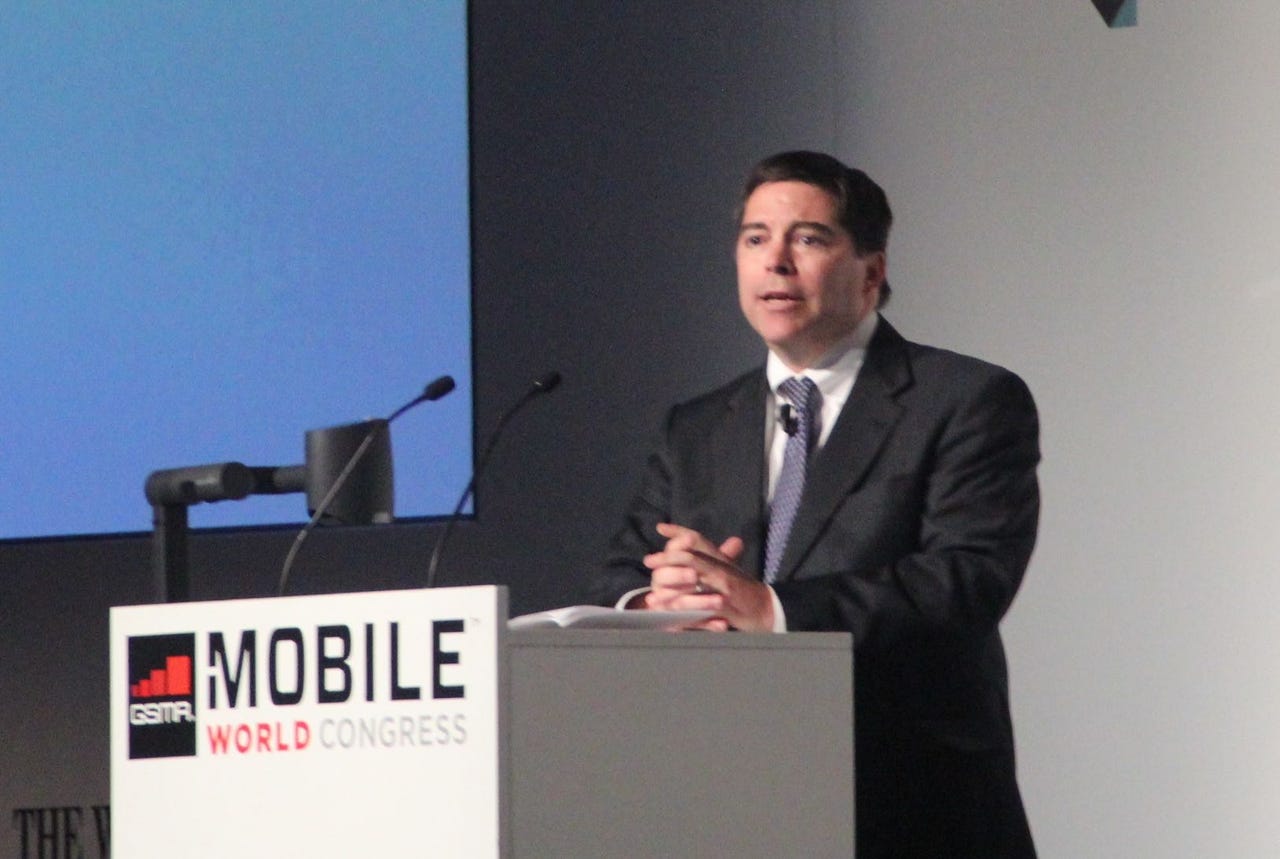Net neutrality decision 'monumentally flawed': FCC commissioner

One of the two commissioners at the United States Federal Communications Commission (FCC) who voted against net neutrality has said that he is worried other governments may follow suit.
Last week, the US FCC voted to accept chairman Tom Wheeler's proposal that the commission use its Title II authority to enforce open internet protections.
This means that internet service providers (ISPs) will not be able to block legal websites, throttle the speeds to access certain websites, or favour the traffic to some services over other services.
The vote passed with three Democrat commissioners endorsing the policy, and two Republican commissioners rejecting the policy.
Speaking at Mobile World Congress (MWC) in Barcelona on Wednesday, Michael O'Rielly, one of the commissioners who voted against the proposal, said that the FCC's decision was "monumentally flawed".
"We've had a decade-old debate on net neutrality. It has turned into a fight for the heart and soul of the internet, and the direction it goes," he said.
He said the debate was centred around whether ISPs could harm consumers, but had in the last 18 months turned into a discussion on how to best "regulate the internet" and "installing government bureaucrats to oversee" the internet.
Wheeler's argument that ISPs can continue to provide the same services, as long as they are "just and reasonable", becomes complicated when determining who decides what is "just and reasonable".
O'Rielly said it is unclear whether ISPs allowing zero data usage for some services, such as Internet.org, would pass the test or be banned.
"Every aspect of broadband service will be subject to the whims of the regulator in place at that time. Although the argument has been made that the current regulators will do no harm, we have no promise that the next will be so benevolent."
The commissioner said he is concerned that the FCC's counterparts in other countries would follow suit and adopt net neutrality "and expand upon it".
"And that's extremely troubling."
Following the FCC's decision, O'Rielly said that the fight would continue for a number of years through the court system. It would also continue to be debated in the political sphere in the lead up to the 2016 election.
"The ground is not settled. It is anything but settled," he said.
"In the meantime, providers are lacking the certainty to invest."
He said that comparing net neutrality to the first amendment right to free speech was "both insulting and inappropriate".
Mozilla's chief technology officer and VP of mobile, Andreas Gal, argued that Europe has already gone down the path of net neutrality, and the debate in the US was not "as explosive or revolutionary" as some had argued.
"It's about ensuring a level playing field ... and everyone gets the chance to compete for consumers," he said.
"This is how the internet was born; this is why the internet became this successful: Because it was open."
Gal argued that the debate needs to be extended from broadband providers to the operators of mobile platforms. Mozilla is attempting to compete against what Gal said is the "duopoly" of Google and Apple in the mobile operating systems market with Firefox OS, an open platform where Gal said users will be able to take their content from one OS to another.
He said the closed ecosystems, and the lock-in nature of Android and iOS, had led to the duopoly of Apple and Google.
"It's almost like a subscription model where it would be easier to stick with the same provider. Because there is no open standards between these platforms, because they are controlled by these individual ecosystem owners, there is reduced competition and consumers kind of have to pay the price for that, quite literally."
